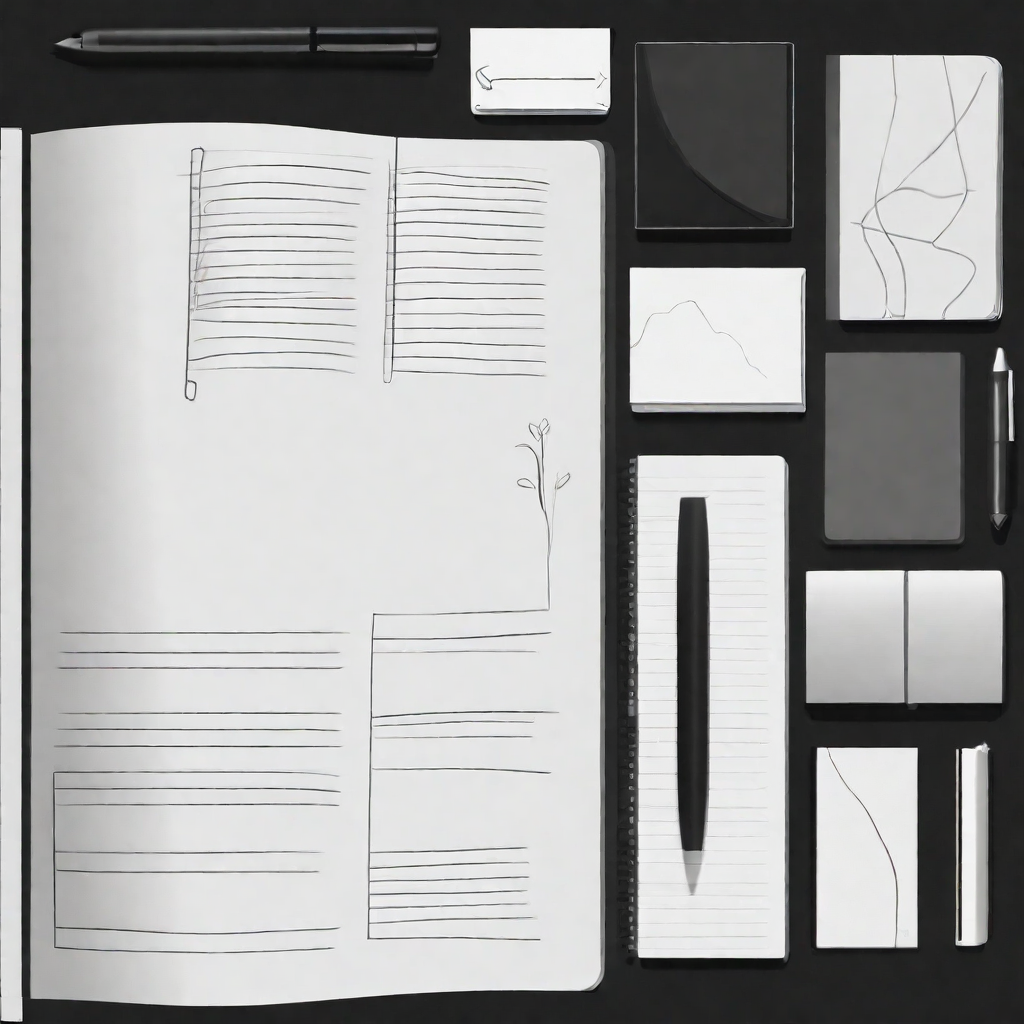We’ve all been there.
You mindlessly scribble down every word your professor says during a lecture, only to later realize that:
- You can barely make sense of your notes
- Because you were focusing so much on writing, you end up quickly forgetting the lecture
But what if I told you there’s a better method of note-taking – with less notes – that can actually improve your ability to process content and enhance your learning?
Want to improve on your studying outside of just taking better notes? Check out this article for more techniques.
Delayed note-taking is a technique that challenges the traditional notion of immediately jotting down every piece of information as it arises. Instead, it encourages you to delay the act of note-taking, allowing your brain to process and synthesize ideas before putting pen to paper.
So, how does delaying notes actually benefit your ability to process and retain information? Let’s dive in.
Chunking Ideas and Synthesizing Information

When you delay note-taking, you’re forced to chunk ideas together and synthesize the information in your mind. Rather than mindlessly transcribing every word, you actively engage with the material, identifying key concepts and connecting them with past ideas (these could be larger concepts of the course, or even ideas the professor previously mentioned).
This process of chunking and synthesizing helps you create a mental framework of the information, making it easier to understand and remember. By actively processing the material, you’re more likely to retain the information in the long term.
Each large block is like an anchor – when you encounter a new idea or fact, you can “connect” it to one of these anchors in your knowledge schema.
Enhancing Cognitive Load Tolerance

This method of note-taking also improves your cognitive load tolerance, which refers to your brain’s ability to handle and process information. When you rely solely on note-taking to offload your cognitive load, you miss out on the opportunity to truly engage with the material.
By delaying notes, you challenge your brain to handle a higher cognitive load, since it has to compare, contrast, connect, and synthesize ideas.
Initially, this may feel uncomfortable – indeed, you’re probably not accustomed to working in your mind as opposed to on-paper. However, with practice, your cognitive load tolerance increases, allowing you to process and retain more information without relying heavily on external aids and excessive note-taking.
This clears the way for more advanced note-taking techniques and thought processes that will serve you well throughout your time as a student.
People who are smart simply have a higher cognitive load tolerance, allowing them to process information more deeply.
Improving Encoding Quality and Retention

One of the key benefits of delayed note-taking is its impact on the quality of encoding. Encoding refers to the process of converting information into a format that can be stored and retrieved later. When you actively engage with the material and synthesize information, you create stronger neural connections, leading to better encoding and improved memory.
As a result, the information becomes more deeply ingrained in your memory, making it easier to recall when you need it. By relying less on external notes and more on your own cognitive processes, you enhance your retention and understanding of the material.
Embracing the Discomfort

It’s important to note that delayed note-taking requires practice and patience.
Initially, the additional cognitive load may feel overwhelming, as you’re not accustomed to relying solely on your memory. As you develop your cognitive load tolerance, however, you’ll find that delayed note-taking becomes more natural and effective.
Remember, the goal is not to eliminate note-taking altogether, but rather to strike a balance between actively engaging with the material and capturing key points for future reference.
So, the next time you find yourself reaching for your pen and notebook during a lecture or meeting, stop.
Think about the content first. Ask why is this important? Figure out how does this relate to the key concepts of the course?
Then – and only then – summarize your thoughts on paper.
If you do this, you’ll be amazed at the improvements in your cognitive load tolerance, encoding quality, and overall retention.


Leave a Reply